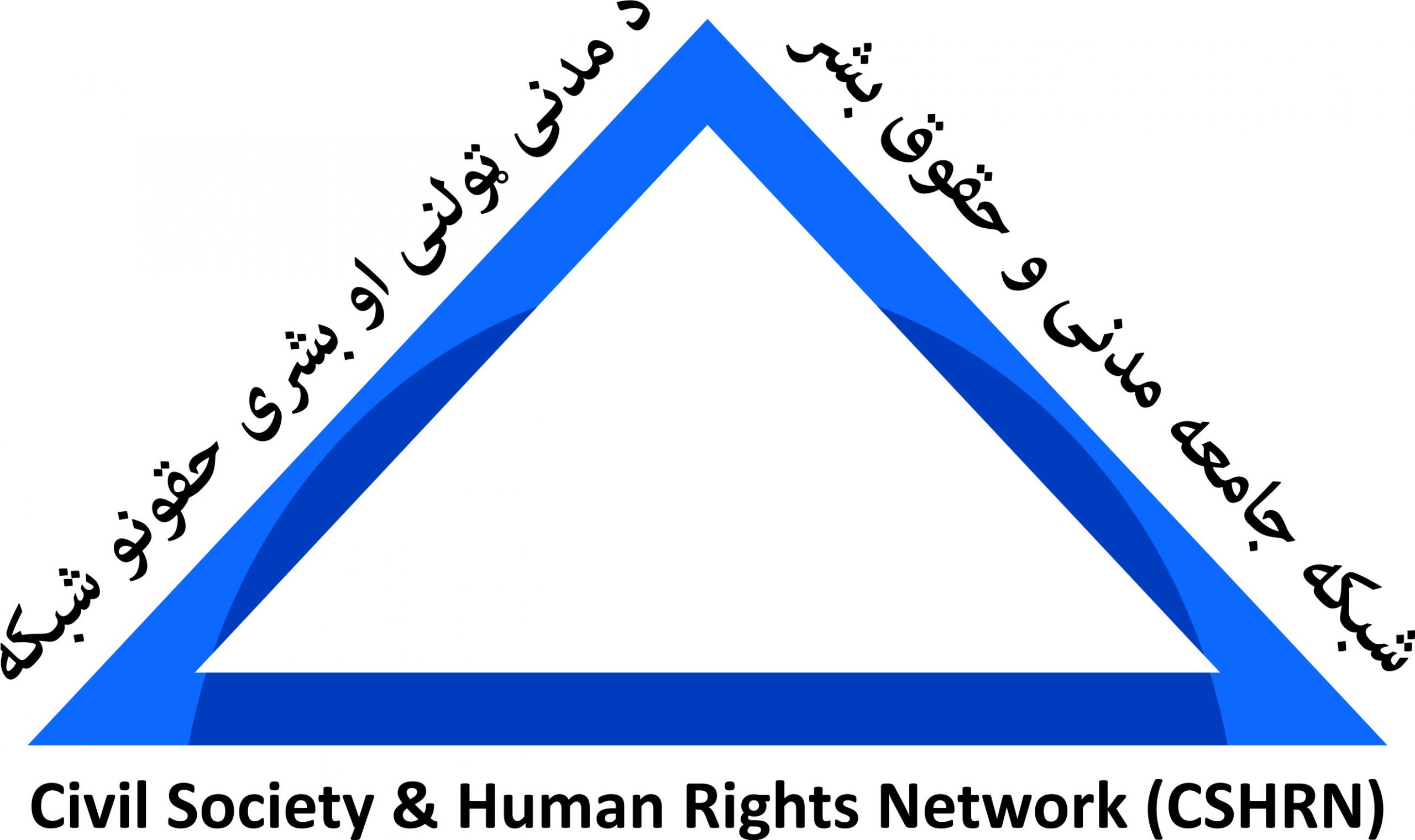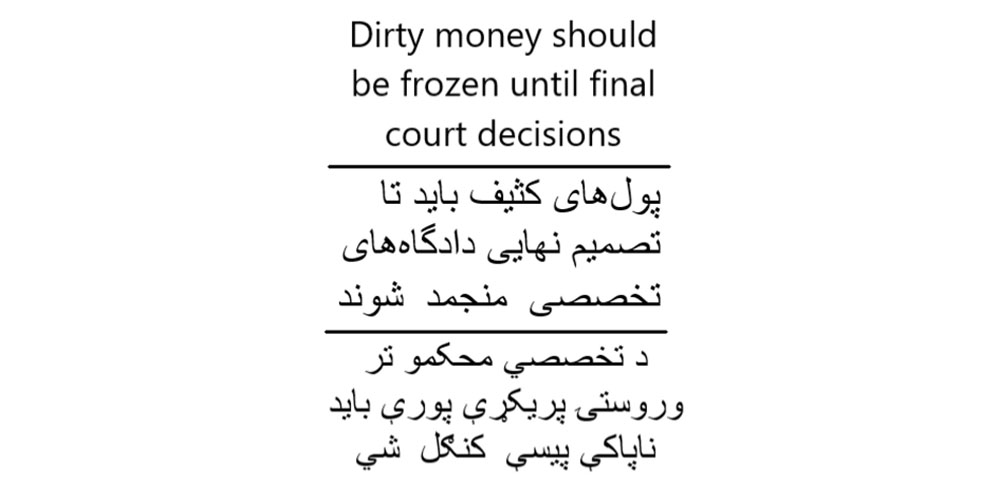HRD+ Statement the Collective Deportation of Afghan Refugees from Germany to Afghanistan
Recently, some criminals have carried out terrorist attacks against the police and German citizens, leaving harmful impacts on the political and social atmosphere of the country. Some of these lawless and criminal individuals, who have attacked, injured, or killed innocent people, are Afghan citizens who, due to difficult conditions, left their country and sought asylum in Germany. However, these individuals, without adhering to German law, culture, and social ethics, have committed such crimes, which are undoubtedly subject to legal prosecution. Unfortunately, as a result of these shocking incidents, xenophobia and anti-immigrant sentiment have spread in Germany, influencing the country's policymakers. Recently, the German government has begun deporting groups of Afghan refugees, forcibly returning those with criminal and legal records to Afghanistan. This approach has also led some other European countries, such as Austria, to emulate Germany, resulting in the expansion of the policy of deporting Afghan refugees and migrants across Europe. The HRD+ has closely monitored the situation and declares: Individual Responsibility for Crimes: Since crime is considered an individual and personal act, the individual crimes of people should not be generalized to other asylum and migration cases. From a criminological perspective, a crime represents the actions of a legal or natural person and requires legal consequences and accountability. No one else, except the criminal individuals, is obligated to pay penalties or face punishment. Therefore, based on the principles of the rule of law, transparency, justice, and accountability must be applied according to individual responsibility before the law, and the outcome of a crime or its punishment should not be extended to innocent individuals. Review of Criminal Cases: The examination of criminals' cases by specialized groups should occur within the scope of access to justice, and the identities of the criminals should be considered confidential. This will allow…

